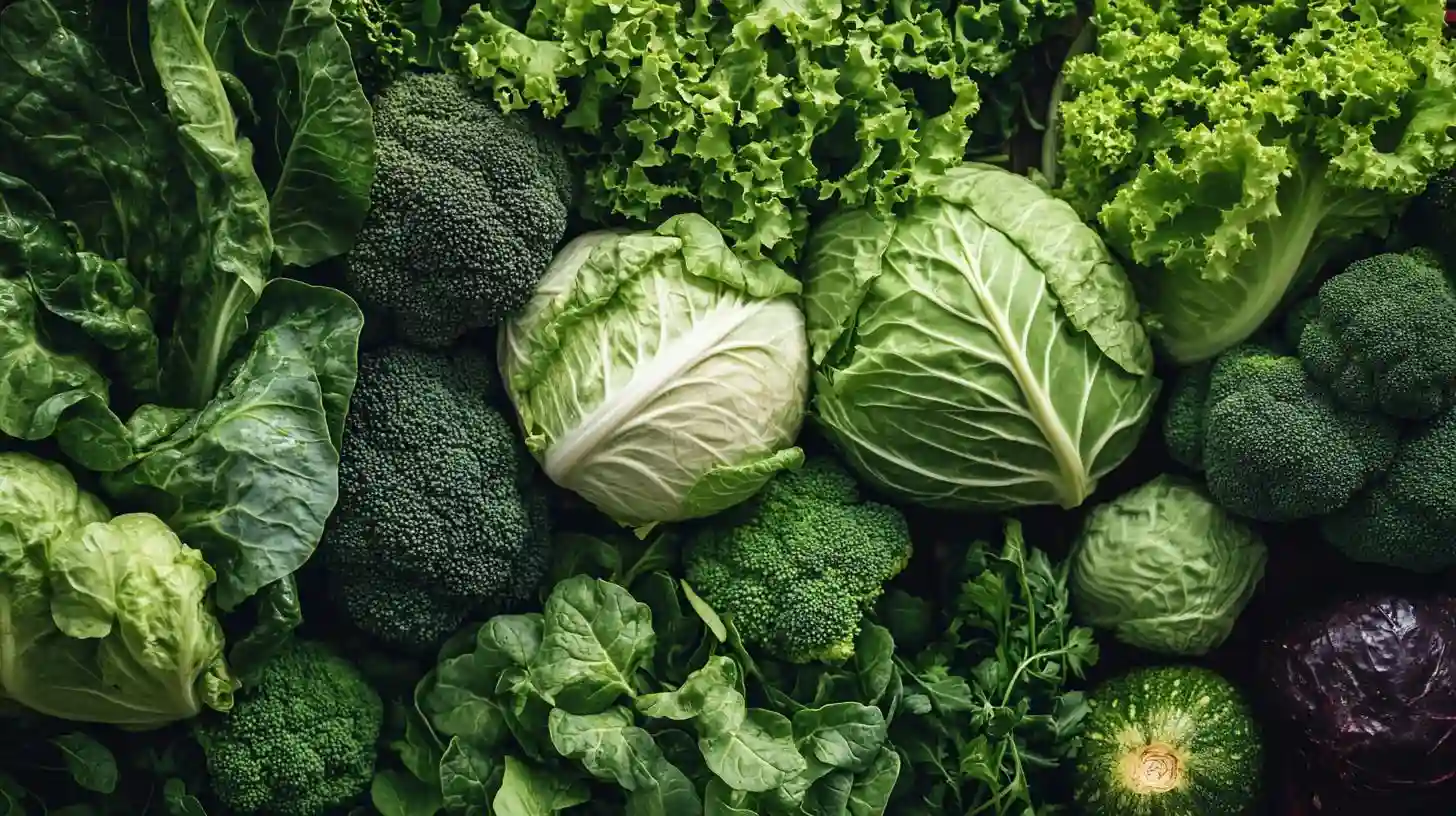
Incorporating green vegetables into your diet is essential for maintaining optimal health and wellbeing. These vibrant foods are packed with essential vitamins, minerals, and nutrients that play critical roles in supporting various bodily functions. One of the most important aspects of green vegetables is their high content of antioxidants, which help neutralize harmful free radicals in the body. By combating oxidative stress, antioxidants contribute to reducing the risk of chronic diseases, including cardiovascular issues, cancer, and neurodegenerative disorders.
Green vegetables are an excellent source of dietary fiber, which is crucial for digestive health. Fiber aids in the regulation of bowel movements, prevents constipation, and helps maintain a healthy gut microbiome. A diet rich in fiber has been linked to lower risks of developing conditions such as type 2 diabetes and heart disease. By promoting satiety and fullness, fiber also assists in weight management, as it can help reduce overall calorie consumption. Including green leafy vegetables in your meals can be an effective way to enhance your fiber intake while adding essential nutrients.
One of the standout features of green vegetables is their impressive array of vitamins. Leafy greens such as spinach, kale, and collard greens are excellent sources of vitamins A, C, and K. Vitamin A is vital for maintaining healthy vision and immune function, while vitamin C is essential for collagen production and acts as a powerful antioxidant. Vitamin K plays a crucial role in blood clotting and bone health, helping to prevent osteoporosis. By regularly consuming green vegetables, you can easily meet your daily vitamin needs and support overall health.
Green vegetables also provide an abundance of essential minerals. For instance, many green vegetables are rich in magnesium, calcium, and potassium. Magnesium is involved in over three hundred biochemical reactions in the body, including energy production and muscle function. Calcium is well-known for its role in developing and maintaining strong bones and teeth, while potassium contributes to maintaining healthy blood pressure levels. Incorporating a variety of green vegetables into your meals ensures that you receive a diverse range of these essential minerals, which can lead to improved overall health.
Another benefit of green vegetables is their low caloric density, meaning they provide fewer calories while offering a high nutritional value. This characteristic makes them an ideal choice for those looking to adopt a healthier lifestyle or manage their weight. By filling your plate with green vegetables, you can enjoy large portions without significantly increasing your calorie intake. This allows you to savor your meals while reaping the benefits of nutrient-rich foods that support health and wellbeing.
One of the beautiful aspects of green vegetables is their versatility in the kitchen. They can be consumed in a variety of ways, from raw in salads to cooked in stir-fries, soups, and stews. Blending greens into smoothies or incorporating them into sauces can also be an enjoyable way to enhance your meals. This versatility not only makes it easy to add greens to your diet but also encourages creativity in meal preparation. Different cooking methods can alter the taste and texture of these vegetables, allowing you to find the most enjoyable ways to consume them.
Green vegetables can also promote hydration and overall wellness. Many leafy greens have high water content, which helps keep the body hydrated. Proper hydration is crucial for countless body functions, including temperature regulation, nutrient transportation, and waste removal. Including watery green vegetables like cucumber and lettuce in your diet can support hydration levels, contributing to overall health and vitality.
Moreover, research suggests that diets rich in green vegetables may have positive effects on mental health. The nutrients found in these foods can influence brain function and mood regulation. Antioxidants and vitamins present in green vegetables are thought to protect against cognitive decline and promote mental clarity. As such, incorporating greens into your meals may not only benefit your physical health but can also play a significant role in supporting emotional well-being.
Choosing to include green vegetables in your daily diet is an investment in your health that yields numerous benefits. These nutrient-dense foods are a powerful tool in fighting disease, boosting mental clarity, and maintaining a healthy weight. The diverse flavors, textures, and colors of greens enhance meals while delivering vital nutrients that contribute significantly to overall health. By making a conscious effort to add more green vegetables to your plate, you can take a proactive step towards cultivating a healthier lifestyle and harnessing the full potential of what nature has to offer.